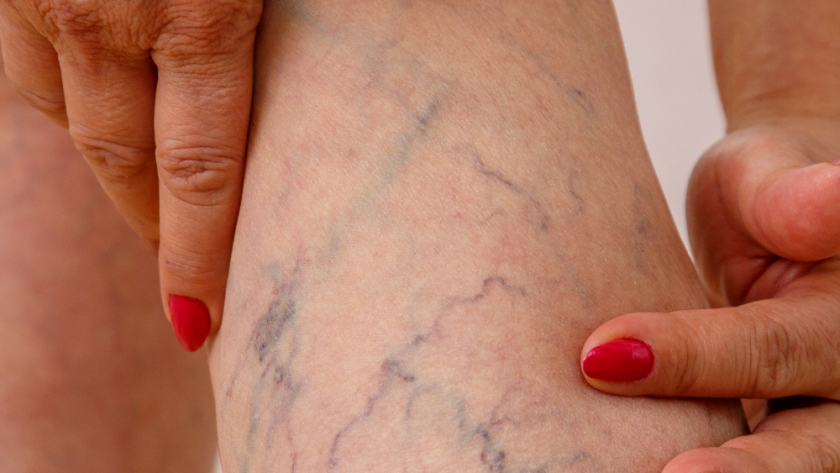Varicose veins not only make you feel self-conscious about your looks, but they could also indicate intrinsic vascular illness. At Surgical Care East, PLLC, Dennis Resetarits, MD, cares for patients with varicose veins in Camillus, NY, and the more extensive Syracuse, New York, area, utilizing contemporary, minimally invasive procedures such as the VenaSealTM Closure System, sclerotherapy, and endovenous radiofrequency ablation. To schedule a consultation, contact Surgical Care East, PLLC, or request an appointment online right away.
What Do You Mean by Varicose Veins?
Varicose veins are abnormal blood vessels, which most commonly occur in the legs. They can be seen through your skin and can swell to the point where they emerge as tangled ropes. Varicose veins come in a variety of colors, including purple, red, and blue.
Varicose veins may be nothing more than a cosmetic issue in the early stages. Nevertheless, when they grow in size, you may notice symptoms in your legs, including:
- Burning.
- Itching.
- Heaviness.
- Fatigue.
- Throbbing.
- Tingling.
- Soreness.
- Cramping.
- Inflamed legs.
- Night cramps.
- Leg ache.
- Restless legs.
- Skin discoloration close to the veins.
If not treated promptly, varicose veins could trigger fluid retention in your tissues (edema) and ultimately result in venous ulcers. These open wounds are a severe problem, which could cause discomfort, incapacity, and even amputation in serious conditions.
What Causes Varicose Veins in Your Legs?
Venous insufficiency, which causes varicose veins, is caused by issues with your veins’ valves.
Functional valves block blood from seeping back down your leg whilst it should be on its route to your heart. Blood could dribble backwards and pool in areas near the vein if your valves are compromised or weakened, causing varicose veins to form.
Extended periods of standing or sitting, being obese or overweight, not receiving sufficient exercise, and smoking are major risk factors for valve deterioration. Hormonal activity could also play a role, hence the prevalence of varicose veins in expectant mothers.
If you have a family history of varicose veins, you are more susceptible to developing them.
What Are the Options for Treating Varicose Veins?
Dr. Resetarits offers a variety of varicose vein treatment alternatives, all of which involve minimum pain and recovery time:
v Sclerotherapy
Sclerotherapy involves injecting Asclera® into varicose veins, which prompts the vein to rupture.
v VenaSealTM Closure System
VenaSealTM is a sort of medical glue, which adheres the sick vein’s sides together to close off the vein.
v ClosureFastTM Endovenous Radiofrequency Ablation
Ablation works by collapsing unhealthy veins, employing radiofrequency energy instead of a chemical solution.
v Ambulatory (microhook) Phlebectomy
Larger veins may necessitate phlebectomy. Dr. Resetarits uses a topical anesthetic to treat your varicose veins via microscopic cuts.
Following Your Varicose Vein Therapy, What Occurs Next?
For several days after your varicose vein therapy, you should wear compression stockings and avert doing anything vigorous. The addressed veins will not resurface, but fresh varicose veins may grow.
Making healthy lifestyle adjustments like engaging in routine exercise, decreasing weight, and quitting smoking could assist in avoiding this.
Looking for expert care for your varicose veins? Dr. Resetarits and the staff at Surgical Care East, PLLC, could work with you to develop an individualized care plan. Request an appointment today to get started.



